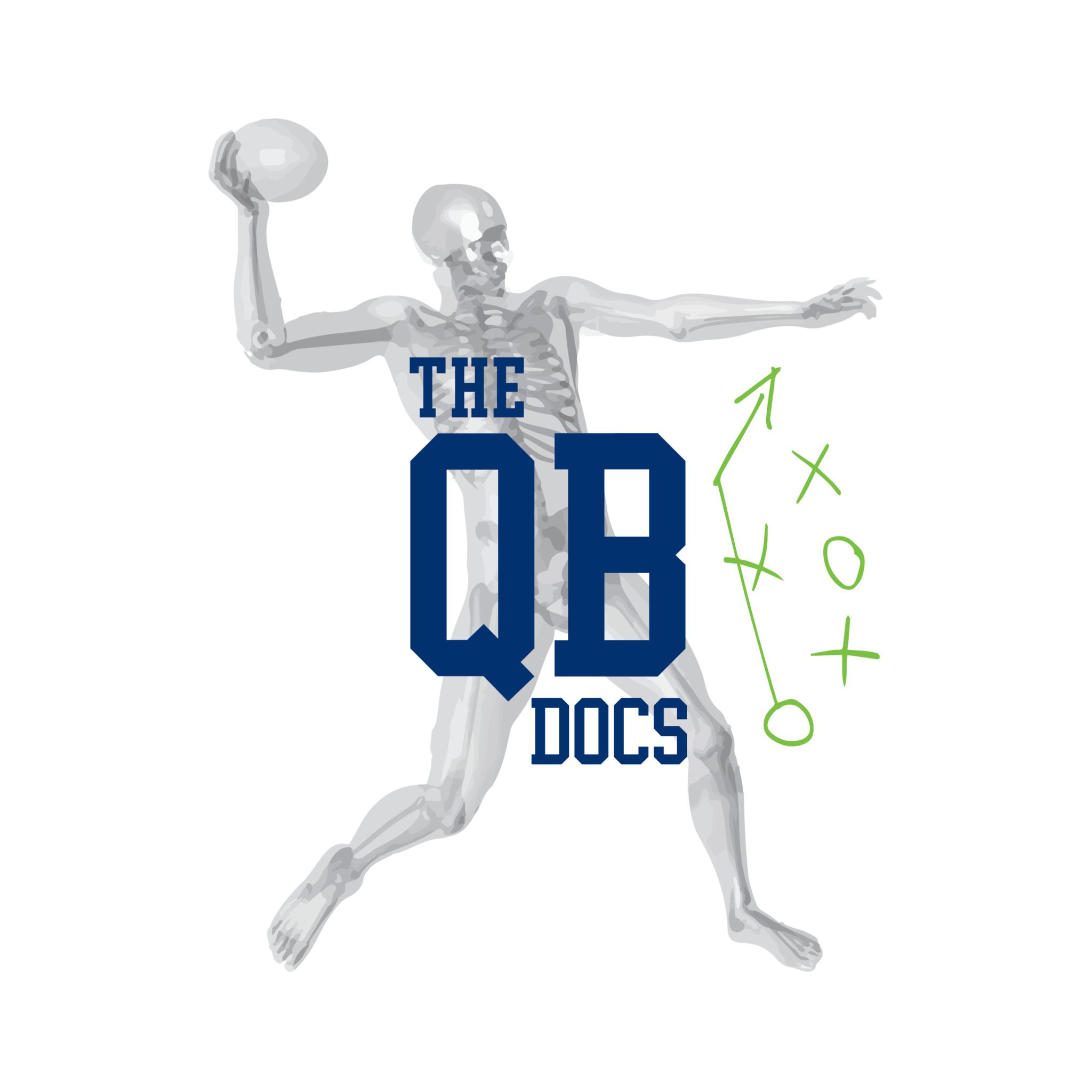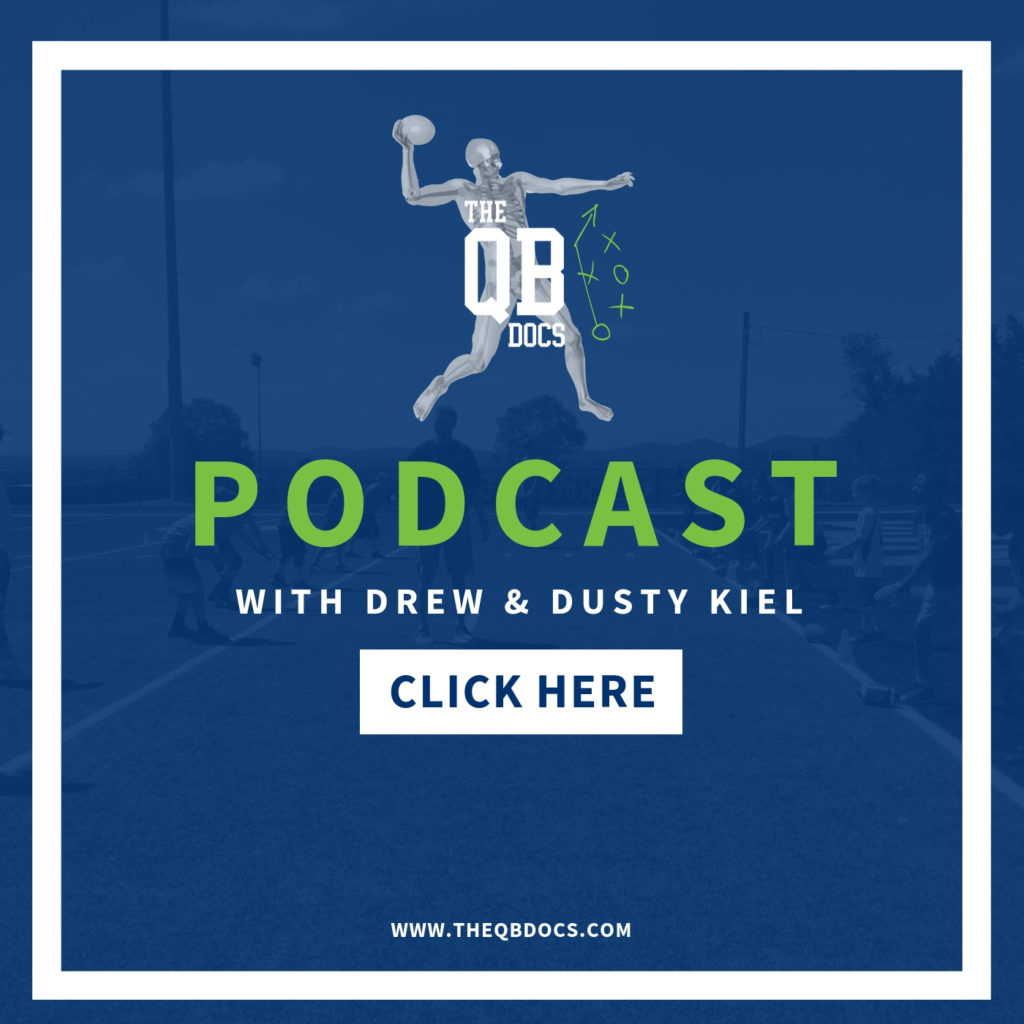This time of the year was often times our favorite whenever we were still playing because we could now focus on getting bigger, faster, and stronger. This included many training sessions with loud music and tons of squats, presses, and deadlifts. One thing we didn’t take that seriously while we were playing was the importance of what we put in our bodies and how it affected our ability to improve our physical traits. Today, we give 4 tips on ways to improve your ability to get bigger, faster, and stronger this off season. You don’t want to miss this read!
Have you ever heard the quote “you can’t out train a shi*** diet?.” The first time I heard that I kind of laughed, but it’s so true. The importance of eating the right types of foods and the right amount of food is crucial in the development of an athlete. That leads us to point #1 on how to get your diet right.
Tip #1- Make Sure You Eat Enough!
Whenever we are working with our athletes on improving performance, there’s often times a need to gain weight as well. Most of our athletes will say, “I already eat a lot, but I can’t seem to gain weight.” We follow that up by asking about their eating habits and their activity habits. One thing that people don’t realize is how many calories our bodies already burn to keep up with the daily needs as a teen or even someone in their early 20’s. Whenever you take that into consideration, along with the activity demands of someone that age playing multiple sports all year around, gaining weight is going to be a huge issue.
Athletes, you can’t skip meals and you need to eat multiple snacks per day! You also can’t over train. This is a common phenomenon that we see all the time now. Playing multiple sports is a great thing. Playing multiple sports simultaneously during the entire year is another story. This is something that players definitely don’t want to do because of multiple reasons. The first reason is because of increased injury risk. The second is a significant amount of energy expenditure from the athlete in which he will always be in a calorie deficit. It’s literally impossible to build muscle and become a more powerful athlete when you’re always in a calorie deficit! So what’s the answer? Eat more and train less! Yes, I just said train less. If you’re an in season basketball player right now performing off season conditioning with your football team, then you are doing yourself a big time disservice. There’s absolutely no reason to do this! We have to be much smarter when it comes to these types of situations.
2. Get Enough Protein
Most of the protein recommendations out there are most of the times greatly under the recommendation to build muscle and hypertrophy. How much does an athlete need? The recommendation for athletes that are specifically trying to build is one gram of protein per pound of bodyweight. Some people would argue and say that this is too much, but we would rather be a little too high than too low. If athletes intake too much protein, it will be broken down into urea and excreted out (peed out) in the urine. This means that if an athlete weighs 200 pounds, then he will want to intake 200 grams of protein. Another consideration that we need to talk about is how much protein can be digested at one time. The most that can be digested properly is about 25-30 grams every 2-3 hours. This means that the athlete has to be very mindful and be eating protein dense foods all day long. This can be extremely challenging to do, but must be done for best results. Timing and dosage is critical when it comes to protein. Check out the podcast episode below where Nutrition Expert and Sports Nutrition Scientist Stacie Sims talks everything nutrition!
3. Eat Vegetables with Every Meal
This is the the biggest issue we had when we were playing and is still the biggest issue we have now in our diets. The truth is that vegetables can be challenging to make taste good if you don’t know how to. Vegetables are excellent sources of vitamins and minerals that are essential for many different processes for multiple systems within our bodies. If we are not getting these vitamins and minerals, we are predisposing ourselves to decreased immune system function, decreased endocrine system function, and decreased overall performance. One thing that is often overlooked when thinking about eating vegetables is how it affects cognitive function as well. That’s pretty important for quarterbacks huh?
Ways to increase vegetable intake include adding diced vegetables to an omelet in the morning, drinking smoothies where the vegetables are hidden and cooking vegetables with spices, lemon, or lime to add flavor to the blandness of vegetables. Don’t underestimate the power of vegetables athletes! This is so critical to athletic prowess from a physical and mental perspective.
4. Don’t Be Afraid of Carbohydrates
With the latest diet crazes such as the ketogenic diet, carbohydrates are starting to get a bad reputation because of how high levels of blood sugar relates to illness such as diabetes, Alzheimer’s and heart disease. Well, let me tell you something athletes. This doesn’t apply to you! You don’t fall into this category. It’s actually the opposite for you. Carbohydrates are the main form of energy source for human beings. When carbohydrates are ingested, they are broken down into glycogen and then stored in the muscles and liver. During activity, these carbohydrates are used up, especially during forms of high level activity. Carbohydrates are the main source of energy when an athlete meets their “lactate threshold.” Without getting too scientific, this just means during activities where an athlete is working pretty hard.
If athletes are not getting enough carbohydrate, muscle wasting can actually happen when the protein that is being ingested is broken down as glucose instead of being used to build muscle and recover damaged tissues post exercise. What this means is that a proper amount of carbohydrate not only provides energy to the body, but it spares the protein from being used as an energy source so it can do its’ job as well. For you athletes, you NEED carbohydrate for proper muscle function, increasing performance, and cognitive function. Good examples of carbohydrate sources include wheat pasta, oatmeal, sweet potatoes, regular potatoes, quinoa, all vegetables, all fruits, and ezekiel bread. There are of course other good examples, but these are just a few. Recommendations for the amount of carbohydrates will vary greatly from the type of athlete that you are and also from individual to individual. Mindfulness of how your body responds to carbohydrates is extremely important for every person.
As y’all start to make these dietary changes, realize that it is going to take time to make these changes. These types of changes in behavior are not going to happen over night. I would suggest trying to implement one of these points once a month over the next 4 months. You will see a significant change in the way you think, perform, look, and treat people. I guarantee it!
-Drew Kiel PT, DPT, CSCS

